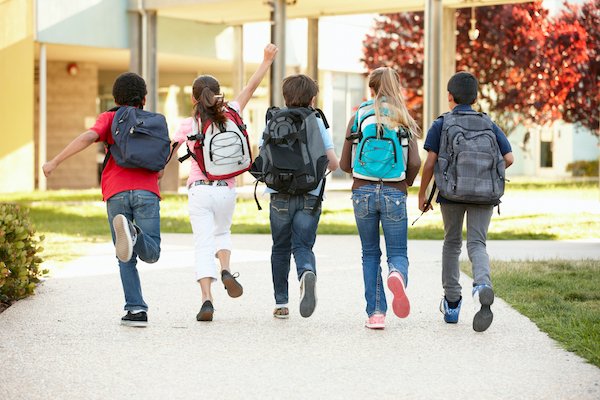Private schools could promote “two tier society”, experts fear

School inspectors have started an investigation into the proliferation of private schools in the Netherlands to find out what is boosting the trend amid worries it may promote a “two-tier society”.
The number of private schools has doubled in the last two years, and the country now has 99 private primary schools and 43 private secondary schools, inspection figures have shown. In 2015, just 44 schools were not financed by the government.
In 2023, some 2,100 children out of a total school population of 2.3 million went to a private school, up 30% from 2022. Most private schools have no more than 15 pupils.
Most private schools are small-scale initiatives based on a particular educational concept, such as a holistic view of the world, or personal growth. Fees can mount to €20,000 a year.
Anyone can set up a private school providing the legal requirements are met, such as the presence of a qualified teacher. Reading, writing, arithmetic and citizenship classes have to comply with national norms. Classrooms also have to be of a certain standard although some schools are so small, a kitchen table suffices.
“Parents often choose a private school because of their philosophy, their view on society or because they favour a different educational approach,” Sjerp van der Ploeg, who is heading the investigation, told Trouw. “Other children go there because they could not get on in regular education or have spent long periods without going to school,” he said.
Van der Ploeg said he was at a loss to explain the rapid rise of private schools. “It’s still just a small number of children who are educated privately and that makes it difficult to gauge the trend,” he said. Parents may be more critical of regular schools, he said, and rules around setting up private schools have been relaxed in the last few years.
The primary school advisory council PO-Raad said it is worried about the growing demand for private schools, which, it said, is caused by the teacher shortage and lack of funds for regular schools. “Not all parents can afford to pay and that is causing a two-tier society and inequality of opportunity,” a spokesman told the paper.
It is not clear how private schools influence performance, Van der Ploeg said, because they cater to a small number of children, some of whom would not thrive in regular schools. Earlier research by Van der Ploeg showed no adverse social effects. “They may have fewer classmates but they play sports and have plenty of friends where they live. So they are not socially isolated,” he said.
The results of the investigation are expected by the end of the year.
Thank you for donating to DutchNewsToday.
We could not provide the Dutch News Today service, and keep it free of charge, without the generous support of our readers. Your donations allow us to report on issues you tell us matter, and provide you with a summary of the most important Dutch News Today each day.
Make a donation